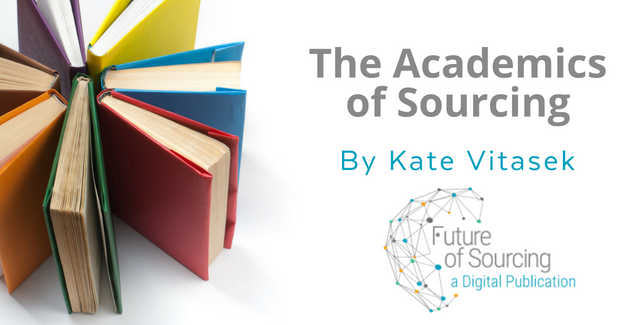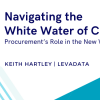I’ve talked a lot about “economic rationality” in outsourcing and business relationships in a globalised marketplace. This blog is dedicated to Paul Krugman, an economist and Nobel laureate, who fights for rationality mostly against great odds from within and without the economic community.
Krugman is a widely-read columnist for the New York Times, a prolific author of books and articles, and a frequent speaker and guest on news programs. He has a lively and entertaining way of expressing himself; his acerbic and insightful blog for the Times takes the pulse of the economy and the politics surrounding the economy every day. Krugman is unafraid to poke holes into the “conventional wisdom” of what he sarcastically calls the “Very Serious People,” including his colleagues in the economic community who expound their “wisdom” about politics, trade, the marketplace and the global economy.
Like Joseph Stiglitz and Umair Haque, he questions the way globalisation and capitalism – he calls it “pop internationalism” – have evolved: creating massive inequalities between the rich and the poor, along with zero-sum strategies between businesses that should be working together. And that is where his insights have a high degree of value when it comes to outsourcing and the many corporations that employ it simply in the name of enhancing profit, not the value of their business relationships.
For example, he says one of the main perceptions of outsourcing “is to ensure that as little as possible of what corporations earn goes into the pockets of the people who actually work for those corporations”. Harsh, but all too often, very true. And he looks at offshoring in even bleaker terms as the “right of corporations to do whatever maximises their profits, even if that means shipping jobs overseas.” Obviously that is not what outsourcing is really about, but it is just one source of a “huge disconnect between a tiny elite and ordinary American workers, a disconnect that has been growing for more than 30 years,” Krugman says.
And the economist community isn’t really helping the situation much: “While the vast majority of economists may work on issues far removed from the question of what to do in a depression, an important part of our field’s prestige and the support it receives comes from the perception that economists do indeed have useful advice to offer in times of depression, and may come up with more useful advice in the future.”
In a speech entitled, ‘What Do Undergrads Need To Know About Trade?‘ Krugman gave this advice: “An introductory economics course should drive home to students the point that international trade is not about competition, it is about mutually beneficial exchange.” Somewhere along the line I agree with Krugman that we’ve lost touch with that fundamental idea. “Even more fundamentally,” he says, “we should teach students that imports, not exports, are the purpose of trade. That is, what a country gains from trade is the ability to import things it wants. Exports are not an objective in and of themselves: the need to export is a burden that a country must bear because its import suppliers are crass enough to demand payment.”
Yes, Krugman definitely pulls no punches. In the same speech, he says, “one of the distressing things about the tyranny of pop internationalism is that there has been a kind of Gresham’s Law in which bad concepts drive out good.” For example, the idea that head-to-head competition always has to be win-lose should get a “visceral negative reaction” from those undergrads.
At the recent annual meeting of the American Economic Association in San Diego, Krugman wrote the reason that the global economic slump is dragging on so long is mainly due to the “triumph of bad ideas” and worse, sticking with those ideas – can you say “austerity”? – even when they don’t work.
“It’s tempting to argue that the economic failures of recent years prove that economists don’t have the answers. But the truth is actually worse: in reality, standard economics offered good answers, but political leaders – and all too many economists – chose to forget or ignore what they should have known.”
Bad economic ideas, if implemented and then left alone by those in power, can trump even the most modern and innovative business models, such as Vested, because they can be and often are at odds with the Vested approach to collaboration and expanding value to create mutual benefits.
It’s like pressing both the accelerator and the brake pedals at the same time: not much will happen except damage to the vehicle you’re trying to move forward.






